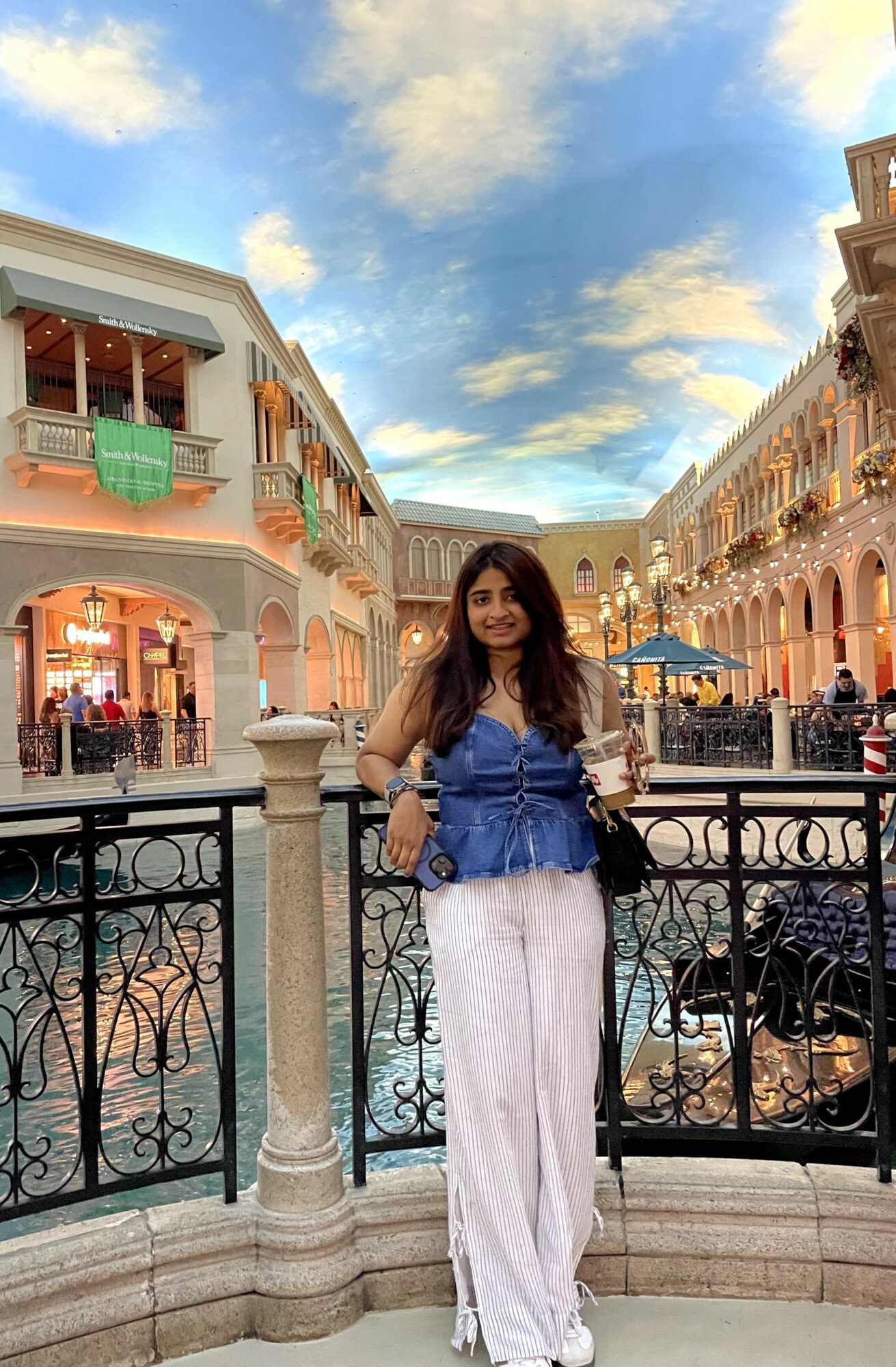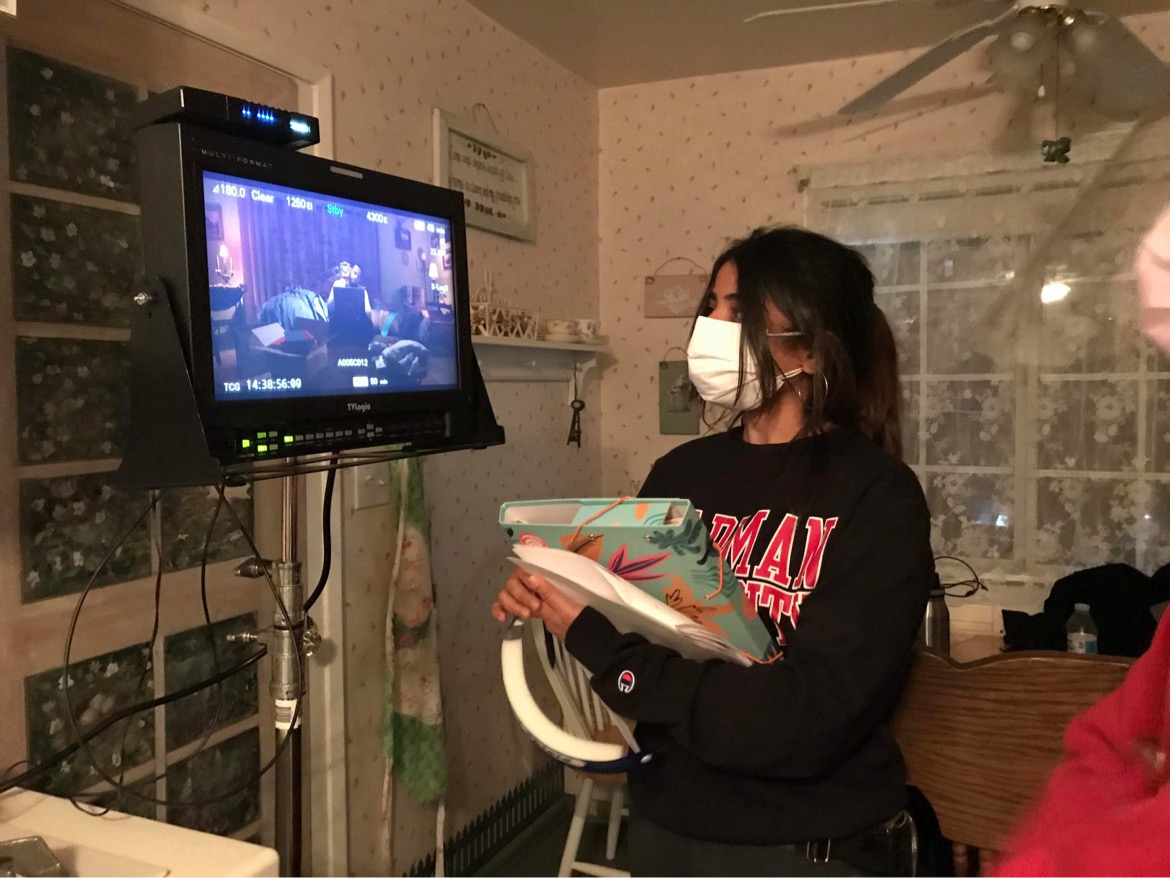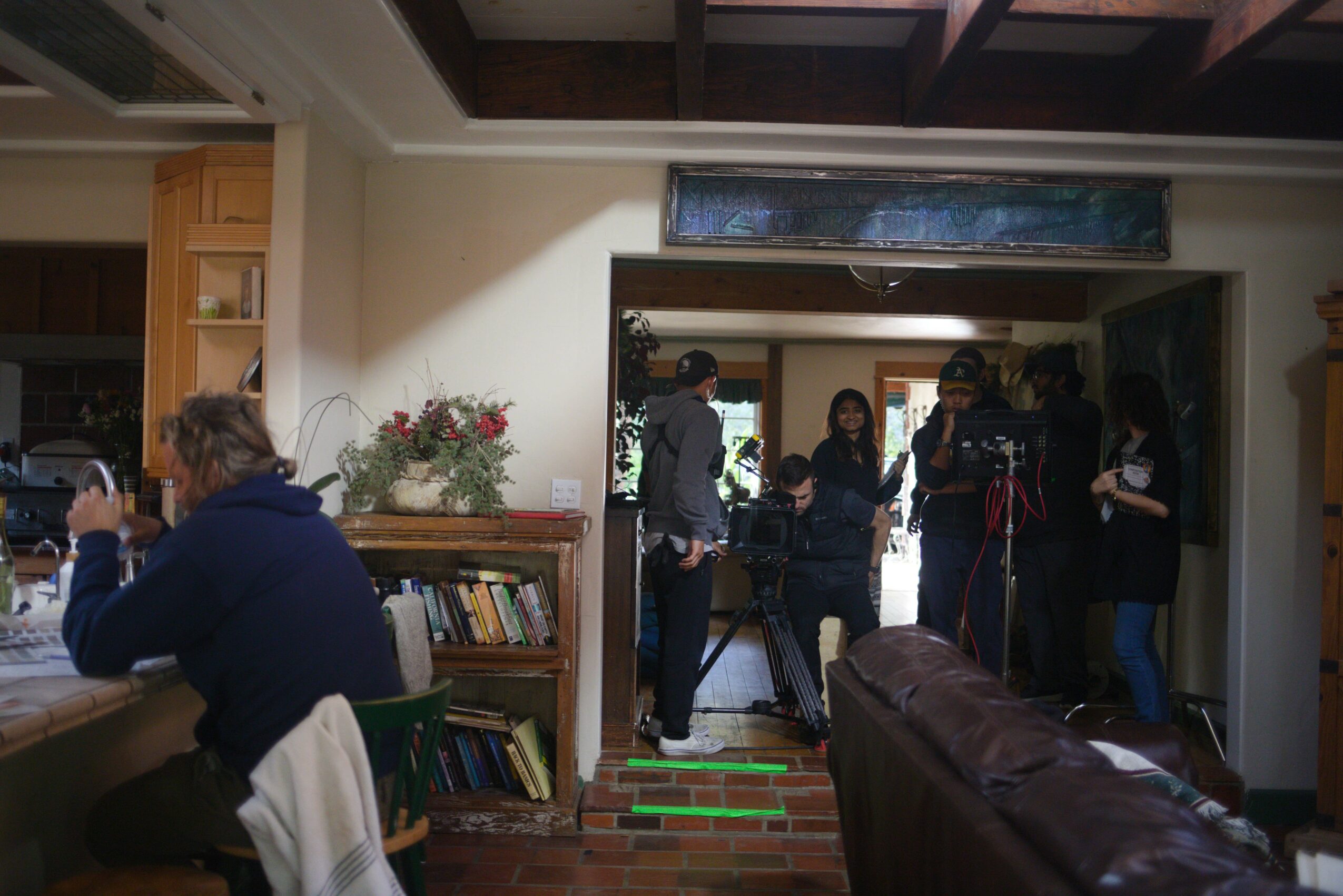

Apoorva Sankar shared their story and experiences with us recently and you can find our conversation below.
Apoorva, so good to connect and we’re excited to share your story and insights with our audience. There’s a ton to learn from your story, but let’s start with a warm up before we get into the heart of the interview. What makes you lose track of time—and find yourself again?
I lose myself when I’m tending to the garden, moving through yoga, or immersed in creating—those moments when time slips away and I’m fully present. And I find myself again in the simple act of coming back to my breath, feeling my body, and recognizing the beauty I’ve just nurtured, moved through, or made.
Can you briefly introduce yourself and share what makes you or your brand unique?
My name is Apoorva Sankar, and I came to Los Angeles in 2018 to pursue my storytelling dreams. I hold an MFA in Film Production with a focus on Editing from Chapman University, along with a BA in Literary Honors from Mumbai, India. I currently work at MOCEAN LA, one of the top trailer houses in Los Angeles, as a Junior Lead Editor and proud member of IATSE Local 700.
I’ve been fortunate to contribute to projects like Deadpool, Captain America, and Inside Out 2. Working on these films taught me how to thrive under industry pressure while refining my craft in Avid Media Composer and DaVinci Resolve.
Outside of large studio projects, I’ve edited award-winning short narratives and documentaries. My film Birds Without Wings was a finalist at the 2021 Student Academy Awards, while my second film A Dire Strait screened at Oscar-qualifying festivals, including the Chinese Theatre for Dances with Films, where it won the Grand Jury Award.
I’ve also collaborated on digital projects such as a Samsung commercial, Varta re Varta: Pandemic Shorts, Jubilee Media, and Millions game shows. Most recently, I’ve been expanding into YouTube and short-form content—new spaces that allow me to experiment, broaden my perspective, and connect with audiences in fresh and exciting ways.
Appreciate your sharing that. Let’s talk about your life, growing up and some of topics and learnings around that. What’s a moment that really shaped how you see the world?
A moment that really shaped how I see the world was when I first began exploring the intersection of AI and creativity. As an editor, I’ve always relied on storytelling instincts and technical precision, but seeing how AI and advanced editing software can expand those possibilities changed my perspective. Instead of replacing creativity, I realized AI can actually enhance it—helping streamline workflows, spark new ideas, and give me more space to focus on the emotional core of a story. It reminded me that technology, when used thoughtfully, isn’t the end of creativity—it’s a powerful tool to push it even further.
If you could say one kind thing to your younger self, what would it be?
Everything will fall into place—don’t push yourself too hard. I’d tell myself to trust the journey, even when things feel uncertain or overwhelming. Every experience, challenge, and detour has a purpose, and in time, it all comes together to shape who you’re meant to become. Being gentle with yourself along the way is just as important as working hard.
So a lot of these questions go deep, but if you are open to it, we’ve got a few more questions that we’d love to get your take on. What are the biggest lies your industry tells itself?
One of the biggest lies the film industry tells itself is that time and commitment always lead to the results you hope for. As filmmakers and editors, we pour countless hours, energy, and creativity into a project, believing that if we work hard enough, success will naturally follow. The truth, however, is that the outcome is never guaranteed—sometimes a film doesn’t connect with audiences, a project gets shelved, or recognition comes in ways you didn’t expect.
This reality can be humbling, but it also teaches resilience. It reminds me that the value of our work isn’t only in the accolades or final reception—it’s in the craft itself, the stories we tell, and the lessons we learn along the way. Understanding that has allowed me to stay passionate and focused, even when the results aren’t immediately visible.
Okay, so let’s keep going with one more question that means a lot to us: How do you know when you’re out of your depth?
I know I’m out of my depth when I stop connecting with the character or the story. As an editor, staying emotionally invested is key—if I feel detached or confused, it’s usually a sign that I need to step back, reassess, and find a new perspective to fully understand the narrative.
Contact Info:
- Website: https://www.apoorvasankar.com
- Instagram: https://www.instagram.com/apoorvasankar/
- Linkedin: https://www.linkedin.com/in/apoorva-sankar-39567a95/
















